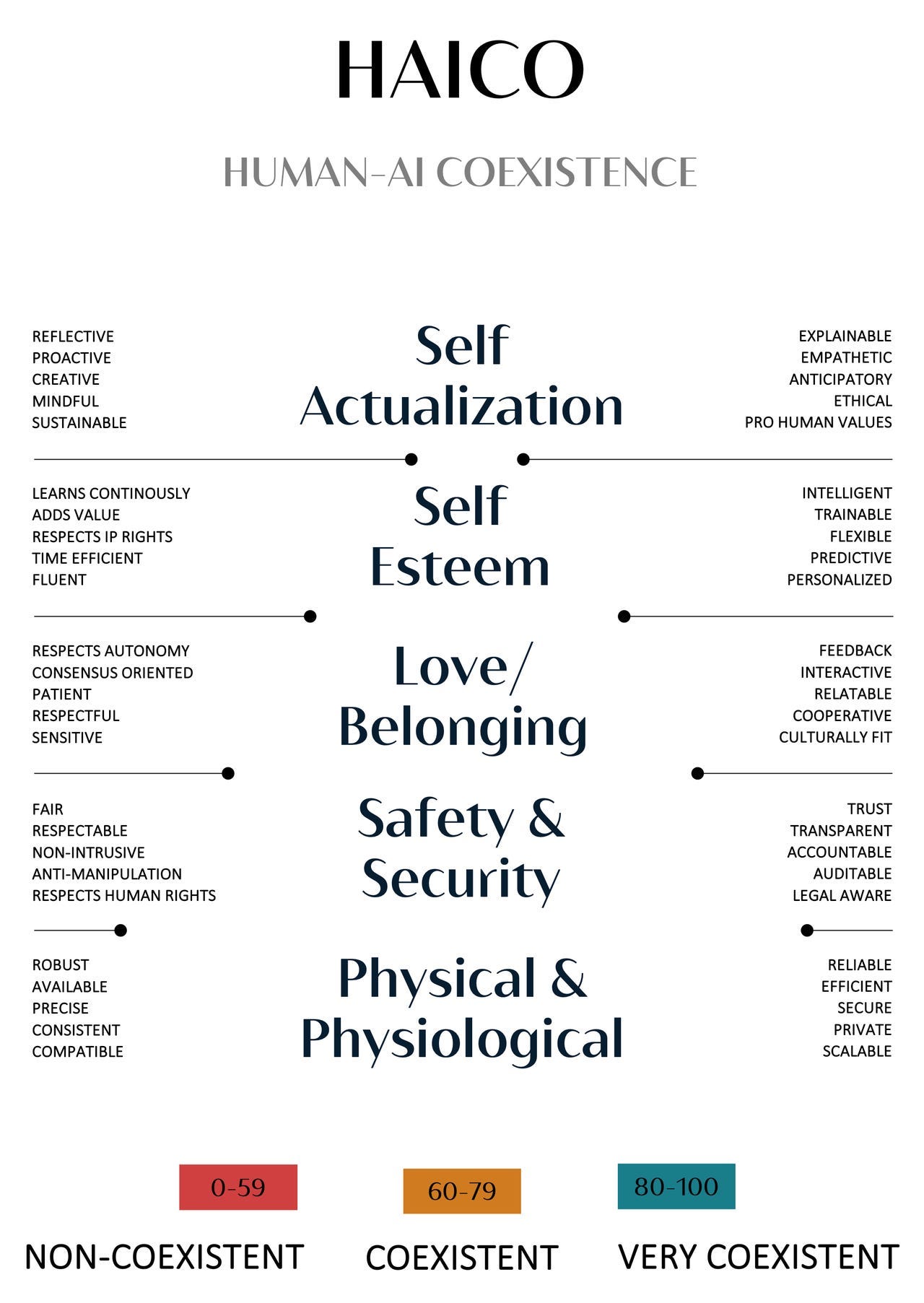Evaluating AI Trust & Embracing AI in Your Projects and Careers
Good morning!
Navigating the uncertainties and mysteries of AI models, how do we reasonably assess their trust? how to successfully implement AI projects, and how to incorporate AI into our careers to shape the future?
Explore more on business, career, wellbeing, and join a Stanford online conference on AI.
A THOUGHT to PONDER
AI is becoming mainstream, but trust remains a significant barrier to its adoption. Employees and businesses are hindered by a skills gap and ethical concerns regarding AI.
If you can’t measure it, you can’t manage it.
For targeted evaluation and enhancement of people's trust in AI models, we need a measuring tool.
HAICO: Measuring Trust in AI Models
ChatGPT evokes fear due to its advanced capabilities that surpass common understanding, making it seem mysterious. The uncertainty about how it operates and its vast, unclear potentials further intensify apprehensions and imaginations regarding its impacts and actions.
Transparency in AI operations and clear communication of their capabilities and limitations are essential for building trust. Demystifying AI’s workings can help in reducing uncertainties and fears.
The Human & AI Coexistence score (HAICO)
HAICO is designed to evaluate AI models by aligning them with human needs and values, promoting trust, cooperation, and sustainable relationships between humans and AI, ensuring the technology remains beneficial, ethical, and supportive of human life.
The HAICO score is envisioned to comprise 50 attributes of an AI model, grouped into five layers aligned with Maslow's Hierarchy of Needs.
Non-Coexistent (0-59): Not trusted to serve human needs.
Coexistent (60-79): Trusted to serve human needs.
Very Coexistent (80+): Highly trusted, promoting human-AI coexistence.
Click here for more information. [ZDNet]
ACT NOW!

BUSINESS
The publication outlines strategies for successful AI projects, emphasizing selection, development, evaluation, adoption, and management to enhance business value and reduce failure risks. [HBR]
The piece discusses hyper-personalization in banking using AI and ML, focusing on tailored services, customer life events, and predictive personal financial advice and offerings. [ZDNet]
The author advises on building an AI-ready workforce through understanding AI’s value, identifying skills gaps, and implementing effective training and upskilling. [Builtin]
CAREER
This article suggests strategies like internal opportunities, external learning, side hustles, and job changes to incorporate AI into one’s career. [Forbes]
The author suggests gamifying adoption, running AI subtly behind scenes, and using process mining for evaluating AI’s operational effectiveness and integration. [Legal Dive]
The Report highlights how AI is seen to improve operational efficiencies, transform talent management, and have a transformational impact on professional work. (Report PDF) / [Thomson Reuters]
WELLBEING
The author hopeful about AI improving lives, but warns against unthoughtful use leading to loss of human control; advocates thoughtful, human-centered AI approach. [Vox]
AI can revolutionize cancer treatment, making it personalized, accurate, and accessible, supporting the Cancer Moonshot initiative's goal of reducing cancer deaths. [Time]
Parents use ChatGPT for parenting tasks and communications, finding it helpful but not a replacement for personal human judgment and touch. [Axios]
NEED to KNOW
The Case For Mastering AI Now. Why You Absolutely Can’t Wait. [Forbes]
Generative AI will far surpass what ChatGPT can do. Here's everything on how the tech advances. [ZDNet]
Embrace Wellness with AI: Chatbots Boosting Exercise, Diet, and Sleep Quality. [Neuroscience News]
What will love and death mean in the age of machine intelligence? [Vox]
How AI has quietly changed our society. [Vodafone]
New Horizons in Generative AI: Science, Creativity, and Society.
(Online Event. Oct., 24) / [Stanford]




